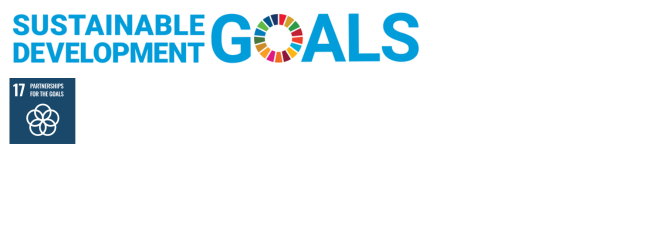

Stories of change: how community foundations are advancing local climate solutions in Europe
In an era marked by an urgent need for effective and comprehensive climate action, community foundations across Europe can play a pivotal role. With their grassroots focus and deep local ties, many are experimenting with holistic approaches to climate challenges and searching for local solutions to the stark global climate crisis.
Community foundations come in all shapes and sizes, but they all share a commitment to creating vibrant and sustainable communities with whatever resources they have at their disposal. Whether recently established with an explicit climate mission or older foundations adapting to include climate action in their strategic priorities, there is a dynamic shift towards recognising and tackling the challenges posed by the climate crisis at the community level.
However, community foundations face significant challenges, particularly around capacity and funding. Expanding climate action requires willingness and the ability to forge and maintain strategic partnerships and influence local policies and practices. Many foundations are constrained by limited resources, which hampers their ability to think and act strategically.
These are some of the insights emerging from our latest publication, "Walking the Climate Talk: Stories of Community Foundation Climate Action Journeys from Around Europe," which brings together six stories from across the European community foundation field on how these organisations are advancing climate action in their communities.
Five are from community foundations that joined the ECFI cohort of the Active Philanthropy Climate & Philanthropy Learning Journey, our strategic effort in supporting and accompanying the field in understanding the local significance of climate change and exploring strategies to integrate the climate lens in their organisation. The participating community foundations benefited significantly from stepping back from daily operations to strategically contemplate how the climate crisis intersects with their activities and to formulate tailored action plans. A common theme across these cases is the value of networking and support from peers within the ECFI Climate Action Peer Group, highlighting that effective climate leadership relies as much on forging strong relationships as on strategic planning and emphasizing the inclusive nature of this collective effort.
By mobilizing local resources and tailoring solutions to specific local conditions, community foundations can play a crucial role in fighting the climate crisis from the ground up invaluable. With this report we want to shed light on some of the emerging, innovative and transformative efforts of European community foundations to integrate a climate perspective into their work and hope to encourage others to embark on similar initiatives.
Read the report here https://shorturl.at/nqt01
Kathrin Dombrowski & Francesca Mereta, ECFI
April 2024
The actions described in the text are relevant to SDG:


James Magowan
Co-ordinating Director
Latest views from the field
-
Bringing our best together: community philanthropy partnerships in a challenging world (March 2024)
-
Romania’s Leadership Journey: fostering the power of shared learning for a new generation of leaders (February 2024)
-
Meeting For Change (February 2024)
-
Can we nudge communities towards climate action? (November 2023)
-
Seeing Our Work Differently Through SDG Lenses (September 2023)
-
First community foundation in Andalusia (August 2023)
-
The importance of saying ‘yes’ (June 2023)
-
The New Italian Kid on the Block (June 2023)
-
From transaction to transformation (May 2023)
-
A fresh perspective on leverage (March 2023)
-
Community mapping and engagement – a sociologist’s perspective and practice (January 2023)
-
The Elephant in the Porcelain Factory (November 2022)
-
Living the dream in Romania (October 2022)
-
Northamptonshire tackles SDGs locally and comprehensively (October 2022)
-
Creating the standards of the Federation of Community Foundations in Poland (September 2022)
-
Applying the 4Cs creatively: everyone can be a changemaker (June 2022)
-
Bottom-up empowerment: community foundation development in Serbia (June 2022)
-
Quality accreditation – core to the development, sustainability and future-proofing our network (May 2022)
-
From inside Ukraine (May 2022)
-
How the SDGs can help unlock the mystery of community foundation impact (February 2022)
-
A new kid on the block (November 2021)
-
Climate Solutions – we can not do this alone (October 2021)
-
UK Community Foundations: The power of connection (September 2021)
-
Think-a-thon (July 2021)
-
Be Prepared, Be Brave, Begin (June 2021)
-
Five initiative groups are working towards becoming new community foundations in Bosnia and Herzegovina (May 2021)
-
Knowledge Capsule 1 - The Value of Community Foundations (April 2021)
-
SDGs - Tools for business practice: A view from Moscow (March 2021)
-
Stories of change: how community foundations are advancing local climate solutions in Europe (April 2024)
